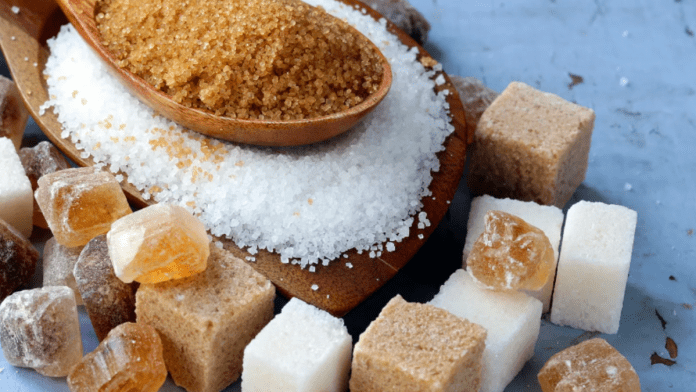News in brief:
-Â The European Commission acknowledges potential risks to local poultry, egg, and sugar production due to an influx in Ukrainian exports to the EU.
– The Commission’s deputy director for agriculture emphasizes the need for closer monitoring of the situation and solutions.
Amidst a surge in Ukrainian exports to the European Union (EU), the European Commission maintains that trade is flowing smoothly but acknowledges potential risks to local poultry, egg, and sugar production.
During a meeting of the European Parliament’s agriculture committee, members expressed concerns about the increase in Ukrainian imports, particularly in sectors like poultry, eggs, and sugar.
Pierre Bascou, the Commission’s deputy director for agriculture, mentioned risks associated with the influx but emphasised that the situation required closer monitoring.
The EU’s temporary lifting of restrictions on Ukrainian imports, following Russia’s invasion, has led to an influx of its agricultural goods, putting downward pressure on prices in frontline countries like Hungary, Poland, Slovakia, and Romania.
While cereals and oilseeds account for the majority of imports, MEPs highlighted significant increases in poultry meat (150%) and egg (over 100%) imports from Ukraine compared to pre-war levels. Bascou also attributed the decline in EU egg production to rising input costs, avian flu outbreaks, and increased consumer demand.
Thus, despite being one of the world’s largest poultry meat producers and a net exporter, the EU’s competitiveness is declining, raising concerns among industry groups like the Association of Poultry Processors and Poultry Trade in the EU (AVEC) about the rising imports from Ukraine, Brazil, and Thailand.
Meantime, sugar production is also a source of tension, particularly in France, where factory closures have occurred. Ukrainian sugar exports to the EU have skyrocketed, from 25,000 tonnes between October 2021 and July 2022 to 390,000 tonnes in the same period last year, a report found. The French sugar beet growers association (CGB) fears that increased volumes could harm local producers.
Bascou, however, pointed out that sugar prices remain high, exceeding â¬800 per tonne, and attributed the recent price surge to a severe summer drought that reduced sugar production for the 2022/2023 season by almost 12%. He emphasized that the EU has relied on Ukrainian sugar imports before and after the war.
Also, regarding the national bans on Ukrainian imports imposed by Hungary, Poland, and Slovakia in September, the European Commission has expressed concern and is working to de-escalate the situation. EU Commission Vice-President Valdis Dombrovskis met with Slovak deputy prime minister Peter Kmec to discuss strategies for easing tensions.



